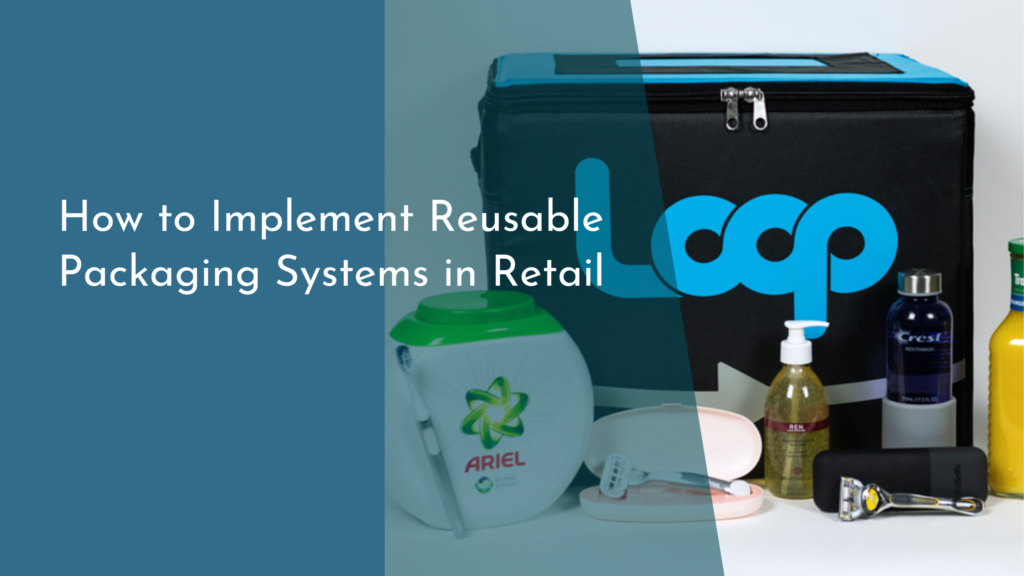The role of casein in biodegradable products
As the world grapples with the pressing issue of plastic pollution and environmental sustainability, innovative materials are emerging as promising alternatives. Among these materials, casein, a milk protein, is garnering attention for its biodegradable properties and versatility. Traditionally known for its use in cheese production, casein is now being harnessed to create a variety of environmentally friendly products. This article explores the role of casein in biodegradable products, highlighting its benefits and potential for future innovations.
Understanding Casein: Nature’s Biodegradable Wonder
Casein is a protein found in mammalian milk, making up approximately 80% of the protein content in cow’s milk. It is a natural polymer that exhibits remarkable properties, such as film-forming abilities, emulsification, and adhesive qualities. These attributes make casein a valuable ingredient in creating biodegradable materials that break down naturally in the environment, unlike traditional plastics that can take centuries to decompose. Casein’s biodegradability stems from its organic origin, allowing it to be metabolized by microorganisms, thereby minimizing its ecological footprint.
In addition to its environmental benefits, casein is non-toxic and safe for human use, making it an ideal choice for a range of applications. With growing consumer demand for sustainable alternatives, casein is being reimagined in various forms, from biodegradable films to packaging materials. As industries seek to reduce their reliance on petroleum-based plastics, understanding the properties of casein becomes essential in developing more responsible and eco-friendly product solutions.
How Casein Enhances the Sustainability of Products
One of the key advantages of using casein in biodegradable products is its ability to serve as a natural plasticizer. This means that casein can improve the flexibility and durability of biodegradable materials, making them suitable for a wider array of applications. By incorporating casein into bioplastics, manufacturers can create stronger, more resilient products that perform comparably to traditional plastics while being eco-friendly. This versatility allows for innovation across numerous sectors, including packaging, textiles, and even construction materials.
Furthermore, casein’s renewable nature sets it apart from synthetic polymers derived from fossil fuels. By integrating casein into their product lines, companies can significantly lower their carbon footprint and embrace a more circular economy. The sustainable lifecycle of casein not only benefits the environment but also aligns with the increasing consumer desire for transparency and responsibility in product sourcing. This shift towards sustainable materials paves the way for a greener future, where environmentally conscious choices become the norm.
The Benefits of Casein in Everyday Biodegradable Items
Casein’s incorporation into everyday biodegradable products presents several advantages that enhance both functionality and appeal. For instance, in the realm of food packaging, casein-based materials provide excellent barrier properties, effectively preserving freshness while being completely compostable. This feature is especially beneficial for food manufacturers seeking sustainable packaging solutions that do not compromise on quality. Additionally, casein’s natural adhesive properties allow for the creation of labels and seals that are both effective and environmentally considerate.
Moreover, casein is gaining traction in the creation of biodegradable utensils and plates, replacing single-use plastics that contribute to environmental degradation. These items not only offer a sustainable alternative but also promote a circular economy as they can be composted after use. The aesthetic appeal of casein-based products, often featuring a natural look and feel, further attracts consumers who are increasingly conscious about their choices. By integrating casein into everyday items, manufacturers can make significant strides towards reducing plastic waste while providing consumers with functional and attractive products.
Future Innovations: Casein’s Role in Eco-Friendly Solutions
The future of casein in the realm of biodegradable products looks promising as researchers and innovators continue to explore its potential. Advanced technologies, such as bioprinting and nanotechnology, are being harnessed to enhance the performance of casein-based materials. These innovations could lead to the development of highly functional and biodegradable alternatives that are tailored to specific needs, such as high-strength packaging or specialized medical applications. As the demand for sustainable solutions grows, casein is positioned to play a pivotal role in this transformation.
Additionally, collaborations between academia, industry, and governments are crucial for unlocking the full potential of casein in eco-friendly solutions. Investing in research and development can lead to breakthroughs that not only improve manufacturing processes but also expand the range of applications for casein-based products. As awareness about environmental issues continues to rise, the interest in and reliance on biodegradable materials like casein will likely accelerate, ushering in a new era of sustainability that benefits both the planet and its inhabitants.
In conclusion, casein stands out as a remarkable substance with the potential to revolutionize the way we approach biodegradable products. Its unique properties not only enhance the sustainability of various items but also align perfectly with the growing demand for eco-friendly solutions. As innovations continue to emerge and consumers shift towards greener alternatives, the future of casein in biodegradable products is bright. Together, we can embrace this natural wonder and pave the way for a cleaner, more sustainable planet.

